Small Service Dog Breeds
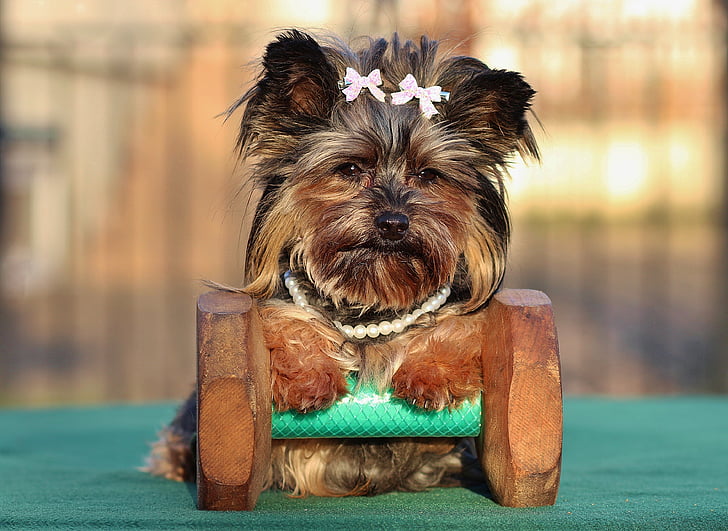
Small Service Dog Breeds :- While big breeds like German Shepherds and Golden Retrievers often take the spotlight as service dogs, the contributions of small breeds in this role are frequently underestimated. When we think of service dogs, we may envision tasks like pulling wheelchairs or guiding individuals with visual impairments. However, small dog breeds are equally capable of performing a wide range of tasks, yet they don’t always receive the recognition they deserve.
Choosing a small dog breed as a service animal offers numerous benefits along with some considerations. In this article, we’ll delve into these aspects, shedding light on the versatility and potential of small service dogs. Additionally, we’ll explore whether the Americans with Disabilities Act (ADA) imposes regulations on the weight and height of service dogs, clarifying the guidelines for individuals seeking assistance from these devoted companions.
What Makes a Great Therapy Dog?
Therapy work isn’t for every pup, regardless of their size. Whether big or small, a therapy dog must possess a gentle, calm demeanor and unwavering obedience. They should relish human contact, enjoy being petted, and welcome interactions with new people.
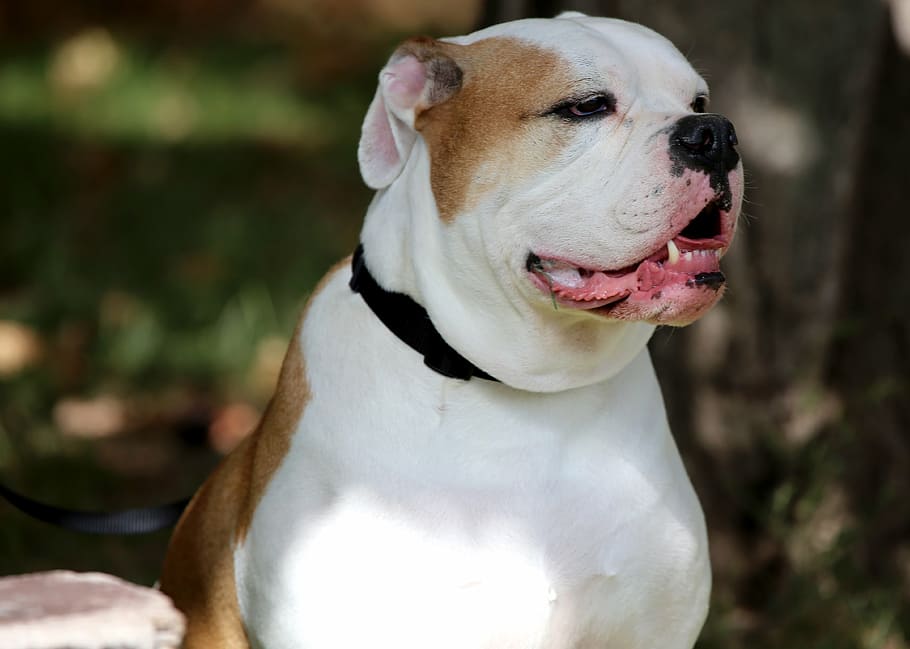
From nursing homes to hospitals and schools, therapy dogs spread joy wherever they go. While they may not undergo specialized training, their mere presence and innate ability to bring comfort and happiness to those they encounter make them invaluable healers.
Why Is It a Good Idea to Have a Small Dog Breed as a Service Dog?
Opting for a pint-sized companion like a Yorkshire Terrier, Chihuahua, Corgi, Toy Poodle, or Pug can lead to significant savings on food expenses compared to larger breeds such as the German Shepherd. While feeding a big dog can be a hefty investment, smaller breeds require less food, easing the strain on your wallet.
Additionally, grooming tasks are generally less demanding for small breeds due to their smaller coats. While regular grooming is still necessary, managing their grooming needs is often more manageable and can even be handled at home, reducing reliance on professional groomers.
Transportation becomes a breeze with a small service dog breed. These furry companions are permitted to travel in the cabin, typically under the seat. Their compact size ensures they fit comfortably and are less likely to disrupt fellow passengers, making travel stress-free for both you and your furry friend.
Furthermore, small breeds require less exercise compared to their larger counterparts. While physical activity is essential for all dogs, smaller breeds have lower energy requirements, making it easier to meet their exercise needs with shorter walks and play sessions. This difference in exercise demands can significantly alter your daily routine, offering a more relaxed approach to maintaining your dog’s physical and mental well-being.
What is the difference between service dogs and therapy dogs?
Before delving into the world of service dog breeds in India, it’s crucial to clarify the difference between therapy dogs and service dogs.

Therapy dogs primarily offer emotional support and help alleviate stress in various settings such as hospitals, nursing homes, schools, and airports. Through animal-assisted therapy, these dogs can provide comfort to multiple individuals simultaneously.
On the other hand, service dogs undergo specialized training to perform specific tasks tailored to the needs of their handlers. These tasks may include providing mobility support, detecting seizures, assisting individuals with hearing or visual impairments, among others. Unlike therapy dogs, service dogs are dedicated to providing assistance to a single individual at a time, offering personalized support and enhancing independence.
Top Small Breeds for Service Work
Every dog has its unique temperament, and while any breed could potentially excel as a service dog, certain traits make some breeds particularly suited to the task. Friendliness, intelligence, and a willingness to learn are crucial characteristics for service dogs.
Although service dogs shouldn’t interact with others while on duty, a friendly demeanor is essential. A service dog that is fearful or aggressive toward others won’t be able to perform effectively. Intelligence and a readiness to learn are also vital traits for service dogs.
While any small breed could potentially make a great service dog, some breeds stand out for their exemplary qualities. Let’s explore some of the best small breeds for service work:
Cavalier King Charles Spaniel:

- Versatile and adaptable breed.
- Capable of participating in various activities.
- Friendly, affectionate, and easy to train.
- Moderate grooming needs, requiring a daily brush and regular teeth brushing.
Toy or Miniature Poodle:
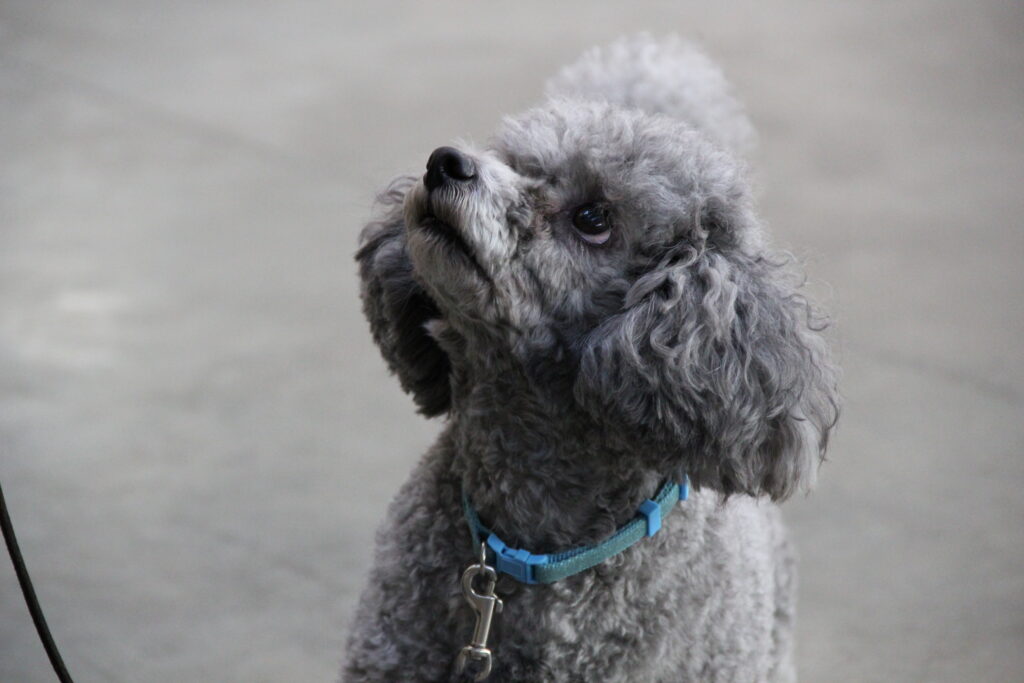
- Highly intelligent and trainable.
- Friendly toward family and strangers.
- Energetic and loves to retrieve items, making them useful for service tasks.
- Hypoallergenic coat minimizes shedding but requires regular grooming.
Bichon Frise:
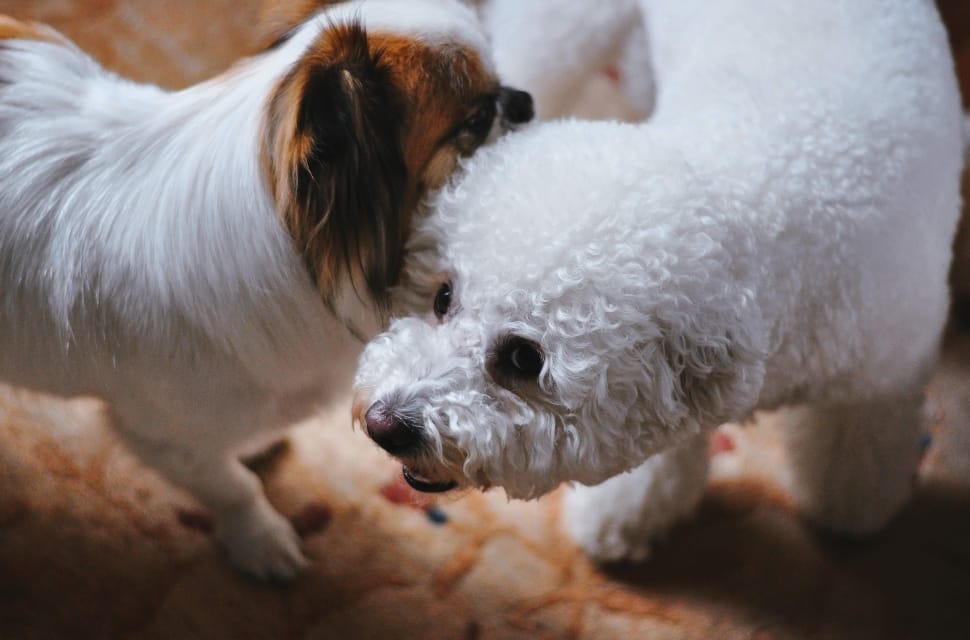
- Stellar personality and highly trainable.
- Friendly with kids, strangers, and other dogs.
- Moderate energy levels, requiring daily walks and playtime.
- Low shedding coat suitable for allergy sufferers, but requires professional grooming.
Yorkshire Terrier:

- Affectionate and eager to please.
- Great with children and other pets.
- Moderate exercise needs, including short walks and play sessions.
- Hypoallergenic coat with minimal shedding, requiring regular grooming.
Pembroke Welsh Corgi:
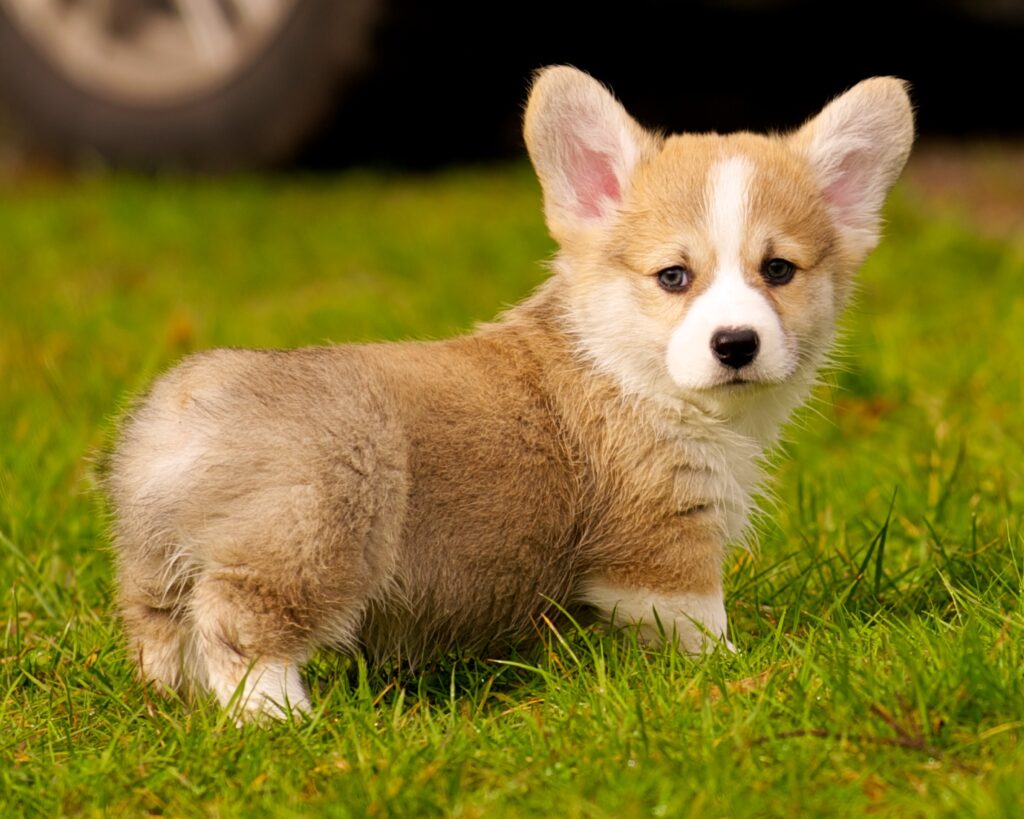
- Strong and athletic, despite their small size.
- Affectionate with families and good with strangers.
- Highly intelligent and responsive to training.
- Low maintenance grooming, but sheds heavily and requires regular brushing.”
These breeds offer a combination of temperament, intelligence, and suitability for service work, making them excellent choices for individuals in need of assistance.
Breed Characteristics
Typically, service dogs, especially those serving as guides, hail from breeds known for their intelligence, friendliness, and trainability. These dogs must possess the stamina to work extended periods, especially those guiding individuals. Larger breeds often fulfill the role of directing their humans.
For those seeking a service dog, thorough research is crucial to ensure the dog comes from a reputable organization. Additionally, it’s essential to note that the ADA doesn’t mandate certification or registration for service dogs. Therefore, be wary of entities selling such documents.




